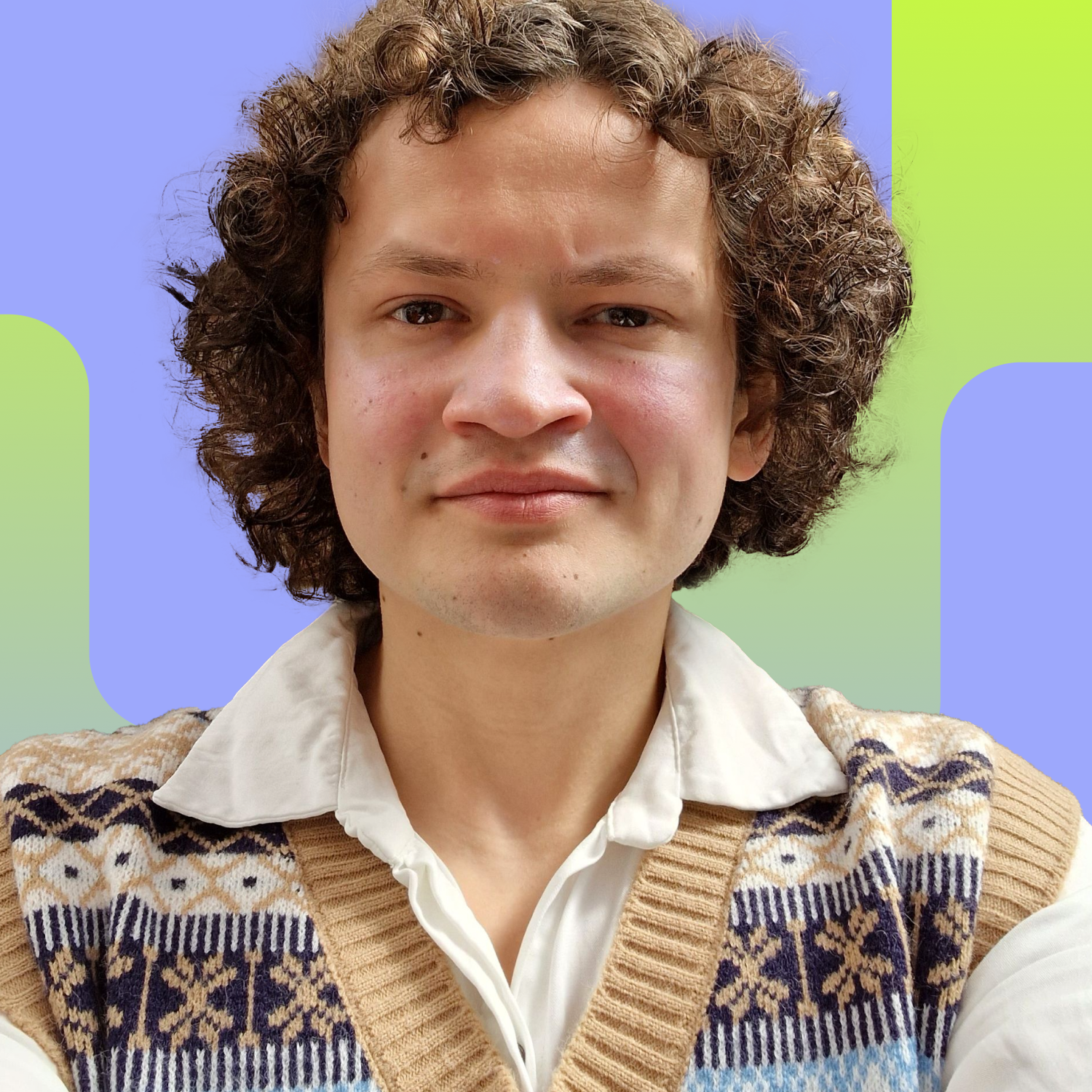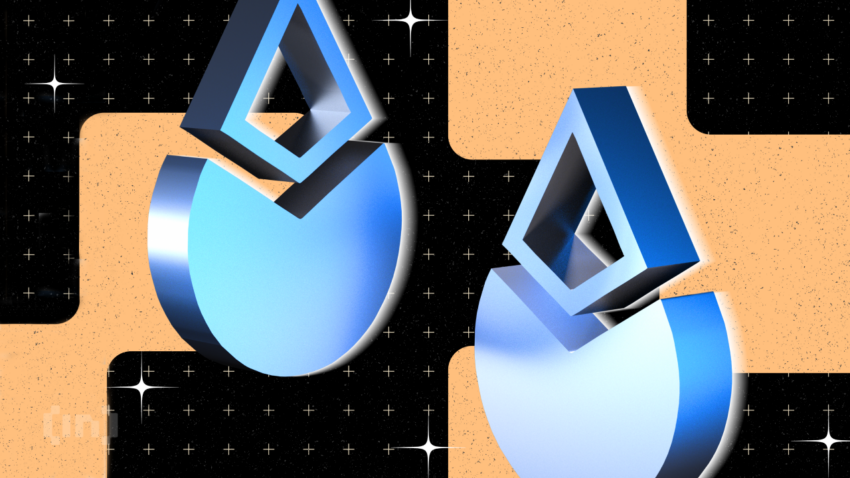The Lido Decentralized Autonomous Organization (DAO) is voting on a proposal to introduce tiered rewards to ETH stakers.
Designed to replace the existing rewards-sharing program, the proposed system is intended to incentivize partnerships with other Web3 communities.
Lido Looks to Grow ETH Staking Market Share
Lido’s updated rewards-sharing scheme could drive further capital into the Ethereum liquid staking protocol.
Dune data shows that Lido accounts for nearly 32% of all staked ETH. To put it into perspective, that’s more than the sum of all ETH staked via Coinbase, Binance, and Kraken. This has helped Lido staked ETH (stETH) rise to become the 8th largest digital asset by market capitalization.
Now, the Lido DAO wants to take an even larger share of the market. To do this, it hopes to make its proposition more attractive to prospective partners.
Under the proposal, potential participants will need to be able to drive 2,500 ETH to Lido over the span of 12-24 months. This could pave the way for more wallets, institutions, crypto services, neobanks, and custody services to embrace the staking protocol.
More From BeInCrypto: 9 Best AI Crypto Trading Bots to Maximize Your Profits
More Rewards For Lido Stakers
At present, owners of Ether and other Proof-of-Stake tokens that opt to stake with Lido receive 90% of the staking rewards generated. The other 10% is split evenly between node operators and the Lido DAO Treasury.
But now, the Lido DAO wants to give part of its 5% share to the largest and most promising stakers.
Rewards will be tiered with different percentages of the DAO’s contribution granted to stakers depending on the size of their commitment. Those staking up to 50,000 ETH will receive 30% of the additional rewards at the low end. And for the largest stakers that commit 700,000 ETH or more, the DAO will pay out half of its rewards share.
Read More: Top 11 Crypto Communities To Join in 2023
New Responsibilities for the Lido DAO
In addition to increasing the amount stakers can earn, the latest proposal will give the Lido DAO a new mandate to encourage sustainable growth.
For example, a rewards deduction mechanism will discourage the practice of cycle staking. Cycle staking is a means of maximizing returns whereby stakers periodically unstake and restake their assets in order to increase their rewards.
To administer the new program, the DAO will form a dedicated “Rewards Share Committee.” The committee will be responsible for onboarding new participants and overseeing payouts. To do this, it will control a multi-signature wallet with the authority to whitelist, filter, and distribute rewards.
Since the vote went live on Thursday, over 27 million LDO have been deployed. LDO is the governance token of Lido’s DAO. With the voting period lasting a week so far, DAO members are overwhelmingly supporting the changes.
Read More: 6 Best Copy Trading Platforms in 2023
Disclaimer
In adherence to the Trust Project guidelines, BeInCrypto is committed to unbiased, transparent reporting. This news article aims to provide accurate, timely information. However, readers are advised to verify facts independently and consult with a professional before making any decisions based on this content. Please note that our Terms and Conditions, Privacy Policy, and Disclaimers have been updated.


